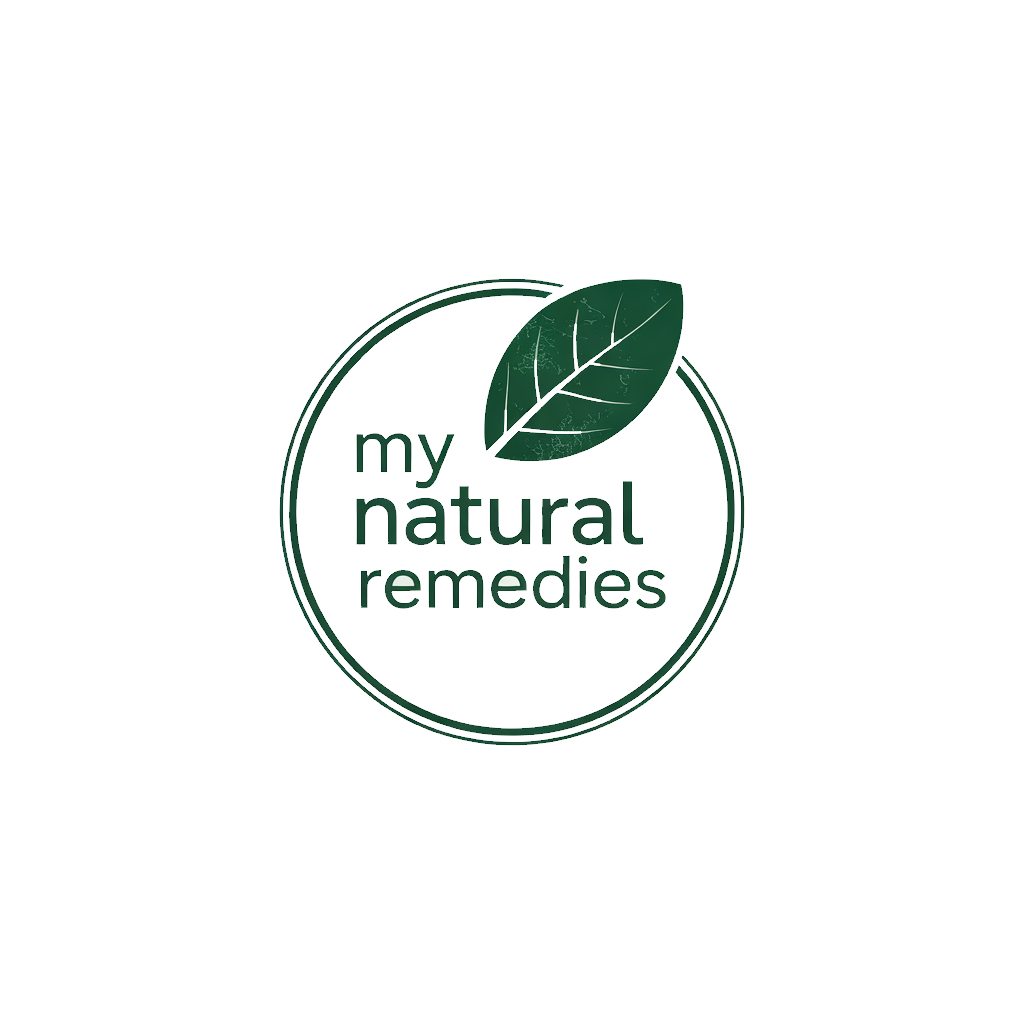The #1 Home Remedy for Restless Legs Syndrome!
You’ll find relief from Restless Legs Syndrome with magnesium oil, the most effective natural remedy available. This powerful mineral helps calm nerve signals and relax twitchy muscles that keep you up at night. Simply spray magnesium oil directly on your legs before bed, massage it in, and let it absorb. When combined with lifestyle changes like reducing caffeine and maintaining good sleep habits, you’ll discover a comprehensive approach to managing RLS symptoms.
Understanding Restless Legs Syndrome: Symptoms and Causes
While Restless Legs Syndrome (RLS) affects up to 10% of Americans, many people don’t realize they’ve this neurological condition. If you’re experiencing an irresistible urge to move your legs, especially during periods of rest or at night, you might be one of the millions seeking restless leg remedies.
The primary symptoms include uncomfortable sensations in your legs, often described as crawling, tingling, or aching. These feelings typically worsen in the evening and can significantly disrupt your sleep patterns. Moving your legs temporarily relieves the discomfort, but the sensations usually return once you’re still again.
RLS can be triggered by various factors, including iron deficiency, pregnancy, certain medications, or chronic conditions like diabetes. Sometimes it’s genetic, running in families. Lifestyle changes such as reducing caffeine and establishing a regular sleep schedule can also help alleviate symptoms.
Understanding these underlying causes is crucial because it helps you and your healthcare provider determine the most effective treatment approach for your specific situation.
Why Natural Remedies Matter for RLS Management
Because prescription medications can sometimes cause unwanted side effects or dependency issues, many RLS sufferers turn to natural remedies as their first line of defense.
You’ll find that natural approaches often work with your body’s own healing mechanisms, potentially offering long-term relief without the risks associated with pharmaceutical options. Incorporating magnesium-rich foods into your diet can further enhance the effectiveness of these remedies.
When you choose natural remedies, you’re joining a community of health-conscious individuals who understand the value of gentle, sustainable solutions.
These treatments can easily fit into your daily routine and often address multiple aspects of your health simultaneously. You’re not just masking symptoms – you’re working to improve your overall wellbeing.
Natural remedies also give you more control over your RLS management. You can adjust treatments based on your body’s responses and combine different approaches safely.
Plus, many natural solutions are cost-effective and readily available, making them an accessible option for ongoing care.
The Science Behind Magnesium for RLS Relief
Magnesium plays a direct role in muscle function and nerve transmission – two key factors in RLS symptoms. When you’re deficient in this essential mineral, your muscles can become twitchy and your nerves may fire irregularly, making your RLS symptoms worse.
You’re not alone if you’ve noticed your legs feeling more restless at night when you’re stressed or tired, as these conditions can deplete your magnesium levels.
Research shows that magnesium helps regulate dopamine levels in your brain, a neurotransmitter that’s often imbalanced in RLS sufferers. It also works as a natural calcium blocker, helping your muscles relax more effectively. Additionally, dietary sources of magnesium, such as spinach and nuts, can be beneficial in managing RLS symptoms.
Studies have found that many people with RLS have lower magnesium levels than those without the condition. By incorporating magnesium-rich foods into your diet or taking supplements under your doctor’s guidance, you can potentially reduce the frequency and intensity of your RLS symptoms.
How to Use Magnesium Oil: A Step-by-Step Guide
For those seeking quick relief from RLS symptoms, topical magnesium oil offers a direct and effective solution. You’ll find this natural remedy easy to apply and fast-acting, making it a favorite among fellow RLS sufferers.
Start by cleansing the affected areas of your legs with warm water and patting them dry. Spray 4-6 pumps of magnesium oil directly onto your calves, thighs, or wherever you experience discomfort. Gently massage the oil into your skin using circular motions. You might feel a slight tingling sensation – that’s normal and means it’s working.
For best results, apply the oil 30 minutes before bedtime. If you’re new to magnesium oil, start with a small amount and gradually increase it. You can also dilute it with water if you find the sensation too strong. Additionally, magnesium deficiency may worsen restless feelings, so ensuring adequate levels can enhance your overall well-being.
Many RLS warriors like to combine this treatment with gentle stretching for enhanced benefits.
Lifestyle Changes to Enhance Treatment Results
While medications and supplements can help manage RLS symptoms, making strategic lifestyle adjustments will significantly boost your treatment’s effectiveness.
You’ll want to establish a consistent sleep schedule, going to bed and waking up at the same time every day. Like many others who’ve found relief, you can try gentle exercises such as yoga, swimming, or walking in the evening, but avoid intense workouts close to bedtime.
Cut back on caffeine, alcohol, and nicotine, especially in the hours before sleep. You’re not alone if these triggers worsen your symptoms.
Create a relaxing bedtime routine that includes a warm bath, gentle stretching, or meditation. Keep your bedroom cool, dark, and quiet – many RLS sufferers find this helps reduce nighttime symptoms. Additionally, incorporating calf exercises into your routine can help regulate nerve signals and improve blood flow, providing further relief from discomfort.
Consider using compression socks during the day, and elevate your legs when resting. These simple changes, combined with your other treatments, can make a real difference in managing your RLS.
When to Seek Professional Medical Help
Although lifestyle changes can significantly help manage RLS symptoms, certain warning signs indicate you should consult a healthcare provider.
If you’re experiencing severe symptoms that interfere with your daily activities or sleep patterns, don’t hesitate to reach out to your doctor. You’re not alone in this journey, and professional medical guidance can provide additional treatment options when home remedies aren’t providing enough relief.
Watch for these key signs that it’s time to seek professional help:
- Your RLS symptoms occur more than three times per week and significantly impact your quality of life
- You’re experiencing depression, anxiety, or other mood changes due to lack of sleep caused by RLS
- Your symptoms have become resistant to previous home remedies that once worked effectively
Frequently Asked Questions
Can I Use Magnesium Oil if I’m Pregnant?
You should consult your healthcare provider before using magnesium oil during pregnancy. While magnesium’s generally safe, your doctor can ensure it’s right for your specific situation and recommend proper dosage.
Does Magnesium Oil Stain Clothes or Bedding?
You’ll want to be careful with magnesium oil, as it can leave white residue on fabrics. It’s best to let it absorb fully before touching clothes or bedding.
How Long Does a Bottle of Magnesium Oil Typically Last?
You’ll get about 30-45 days from a typical 8oz bottle of magnesium oil when using it daily. If you’re spraying less frequently or using smaller amounts, it’ll last even longer.
Can Children Use Magnesium Oil for Restless Legs?
You can use magnesium oil for your child’s restless legs, but always dilute it and start with a small amount. It’s best to check with your pediatrician before beginning any treatment.
Will Magnesium Oil Interact With My Current Medications?
You should always check with your doctor or pharmacist about magnesium oil interactions, as it can affect how certain medications work in your body, especially antibiotics and blood pressure drugs.





